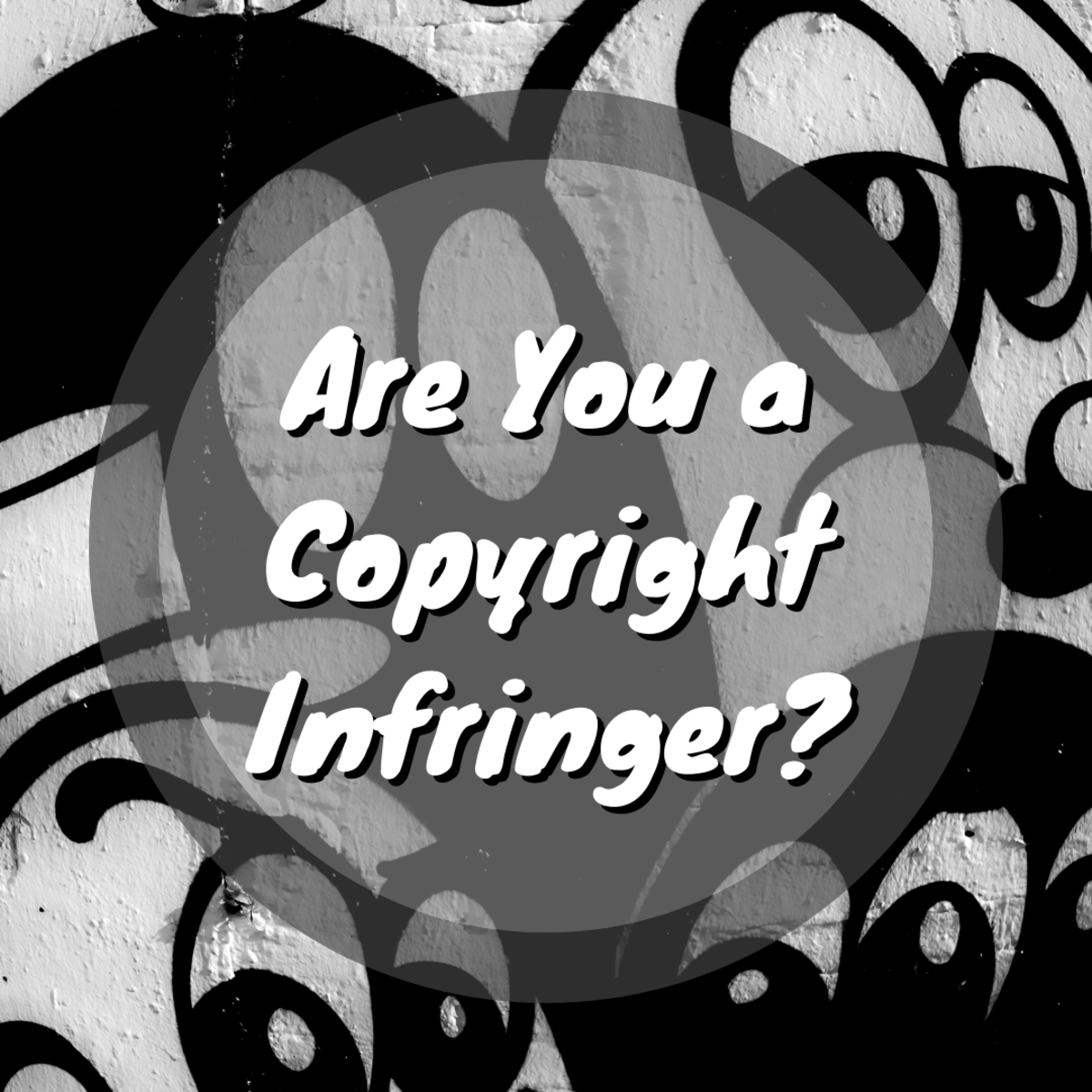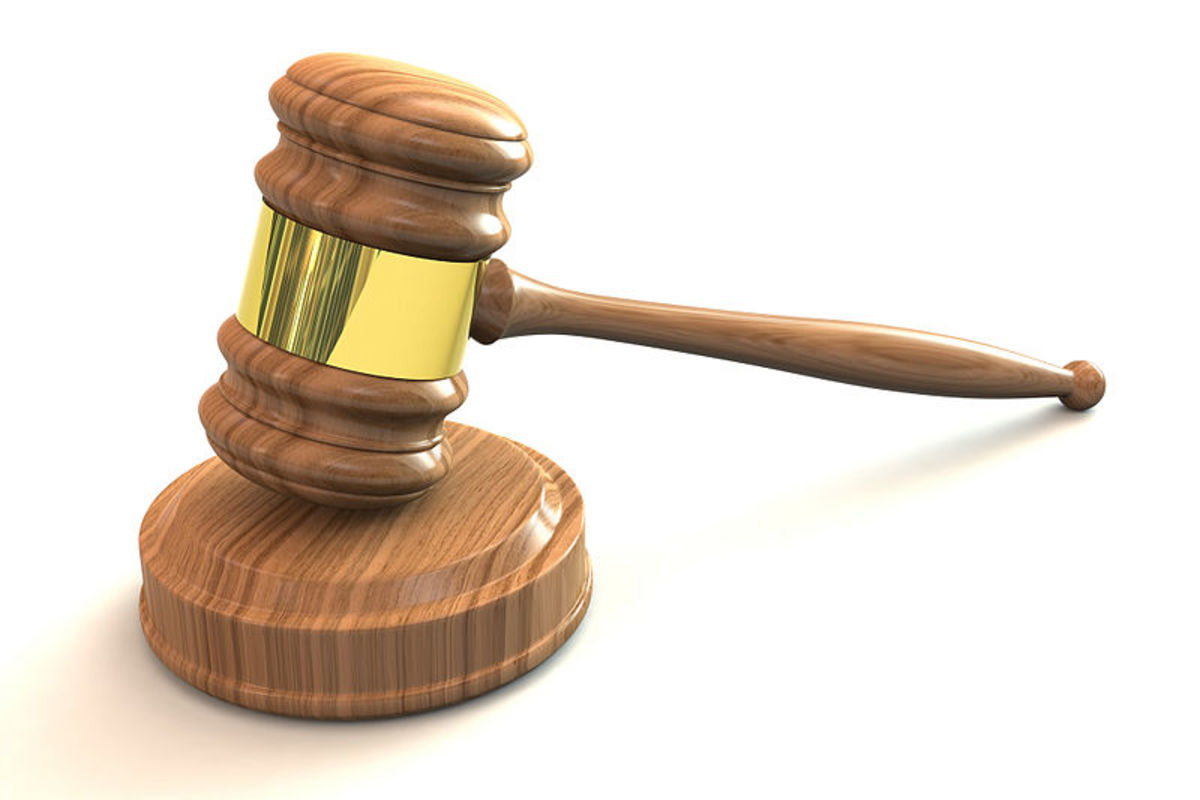Intellectual Property Law - Differences Between Copyrights and Trademarks
Copyright is not the same thing as a trademark
People often get confused between copyright and trademarks. However, they are different types of intellectual property designed to protect different things.
Copyright is a statutory right to exercise exclusive control over the copying or other exploitation of artistic or literary works for a specific period of time.
Copyright can protect:
-
literary works, including novels, instruction manuals, computer programs, song lyrics, newspaper articles, and some types of database;
-
dramatic works;
-
musical works;
-
artistic works, including paintings, photographs, sculptures, drawings, diagrams, and logos;
-
recordings of a work, including sound and film.
Copyright does not protect ideas themselves. Rather, it protects the way those ideas have been expressed.
In all countries that are members of the Berne Convention, including the USA and UK, copyright protection is automatic. There is no official registration system and there are no fees to pay to get copyright protection. Once an idea has been fixed in a permanent form (such as a drawing, sheet music, photograph, a videotape, or a computer file), the copyright owner is entitled to enforce his or her exclusive rights.
The duration of copyright varies between countries. In most countries, the standard length of copyright is the life of the author plus either 50 or 70 years. In the USA and UK, copyright for most works is for a term ending 70 years after the death of the author. In the USA if the work was a work for hire (for example, those created by a corporation) then copyright lasts for 120 years after creation, or 95 years after publication, whichever period is shorter.
In contrast, a trademark registration protects the name of a product.
A trade mark can be any sign that distinguishes the goods or services of one business from those of other businesses. It can be a word or words, a design, letters, numerals, a slogan, a shape, a colour or a combination of colours. It is not possible to register marks that describe the goods or services or any characteristics of them (for example, words that show the quality, quantity, purpose, value or geographical origin of the goods/services), or words that are commonplace in the trade.
A trademark registration provides the exclusive right to use the registered trade mark on those goods or services for which it is registered. A registration also gives the owner the right to stop others from using confusingly similar trade marks for their goods or services or for similar goods and services. In most countries a trade mark registration lasts for 10 years, and can be renewed indefinitely for subsequent 10 year periods.
If your trade mark consists of a logo, then copyright can protect the artwork of your logo, but you should also register the logo as a trade mark.
To summarize the main differences between copyright and trademark registration:
-
Copyright protection is automatic, but a trademark must be registered;
-
Copyright protects artistic or literary works, whereas trademark registrations protect the names of goods or services;
-
Copyright protection generally lasts for the life of the author plus 70 years, whereas a trademark registration lasts for 10 years but can be renewed indefinitely.
For further information, please visit our website: www.trademarkregistration.org.uk
Or email: info@trademarkit.co.uk








